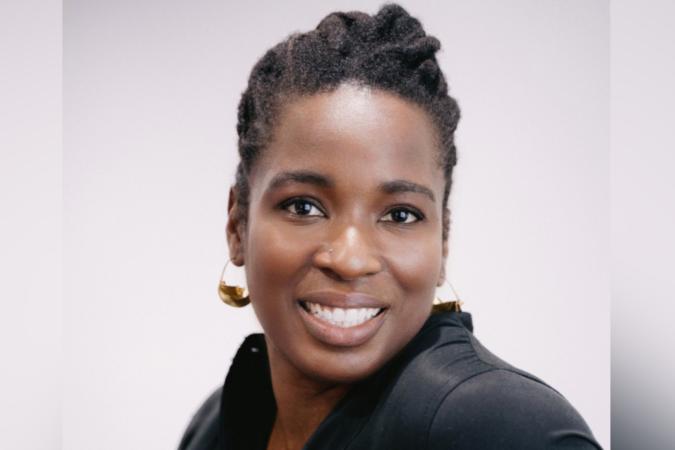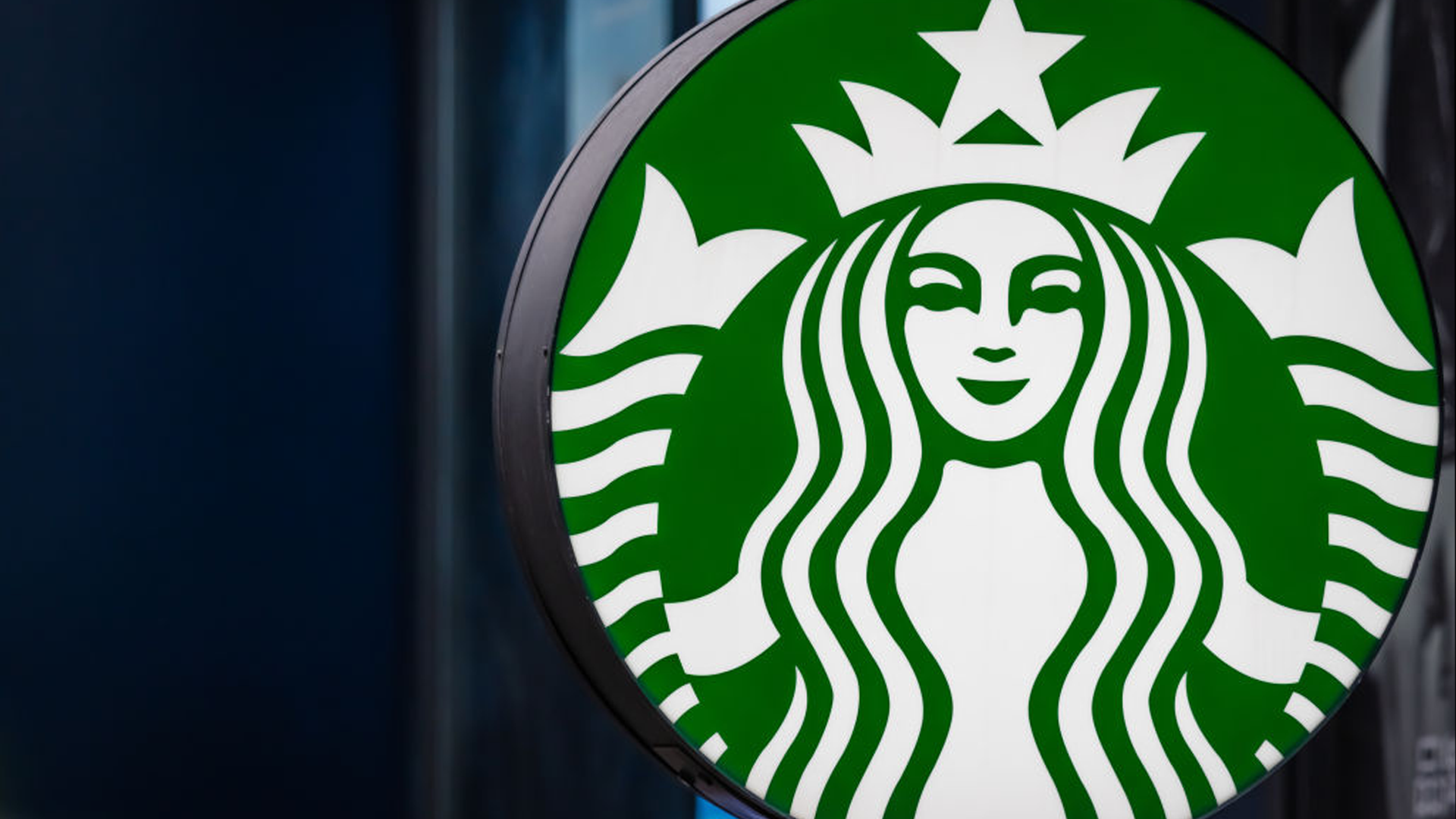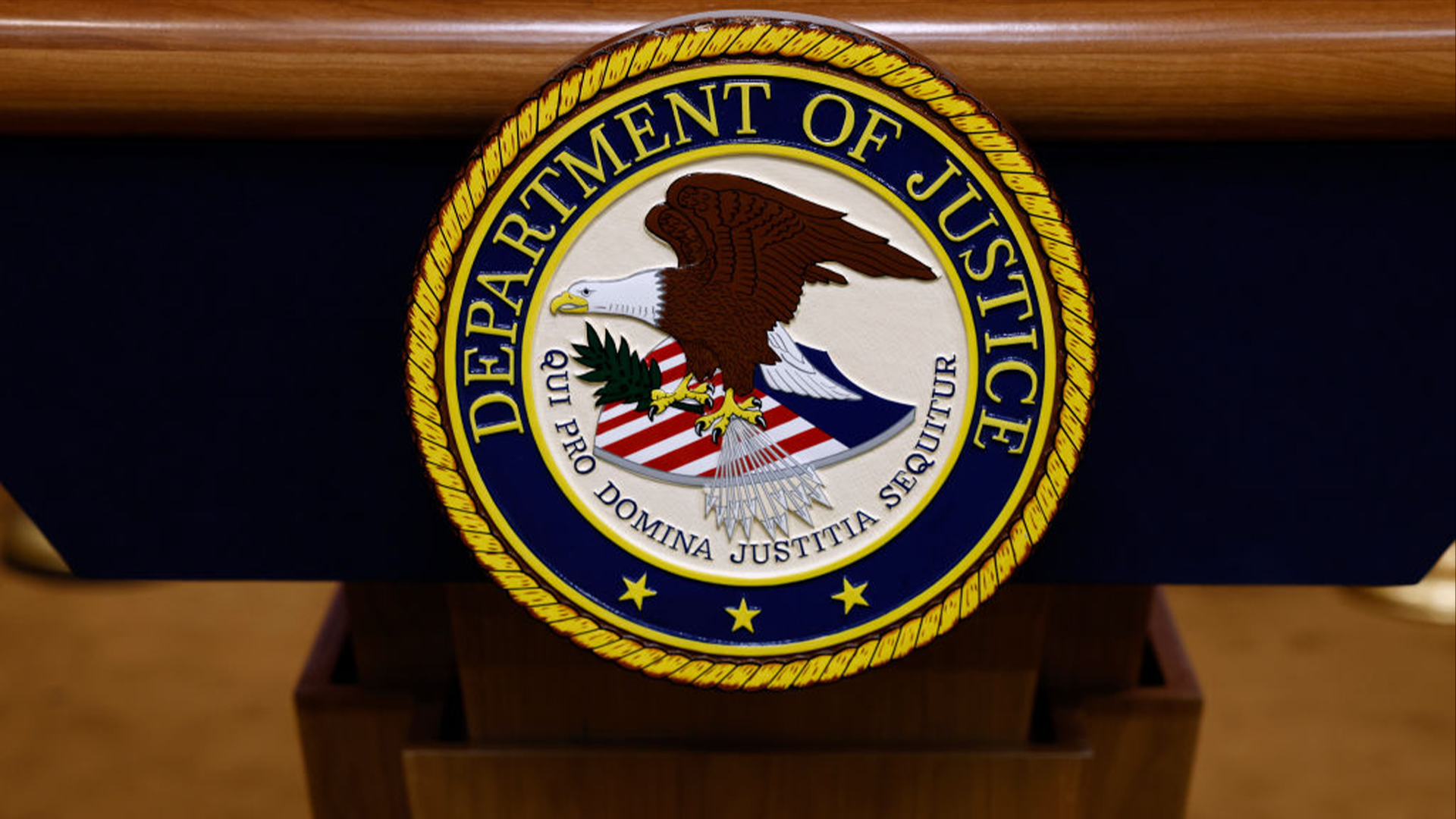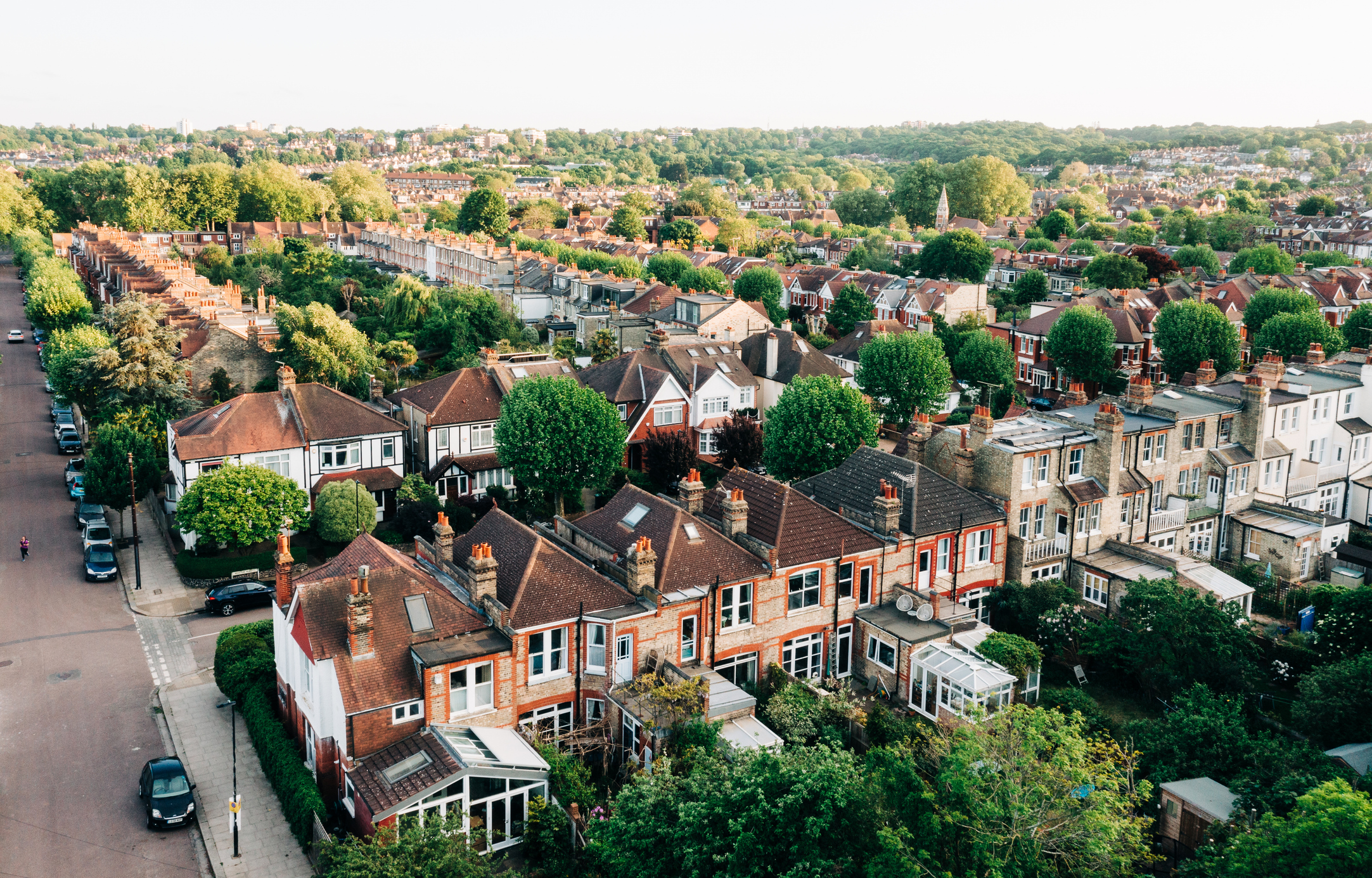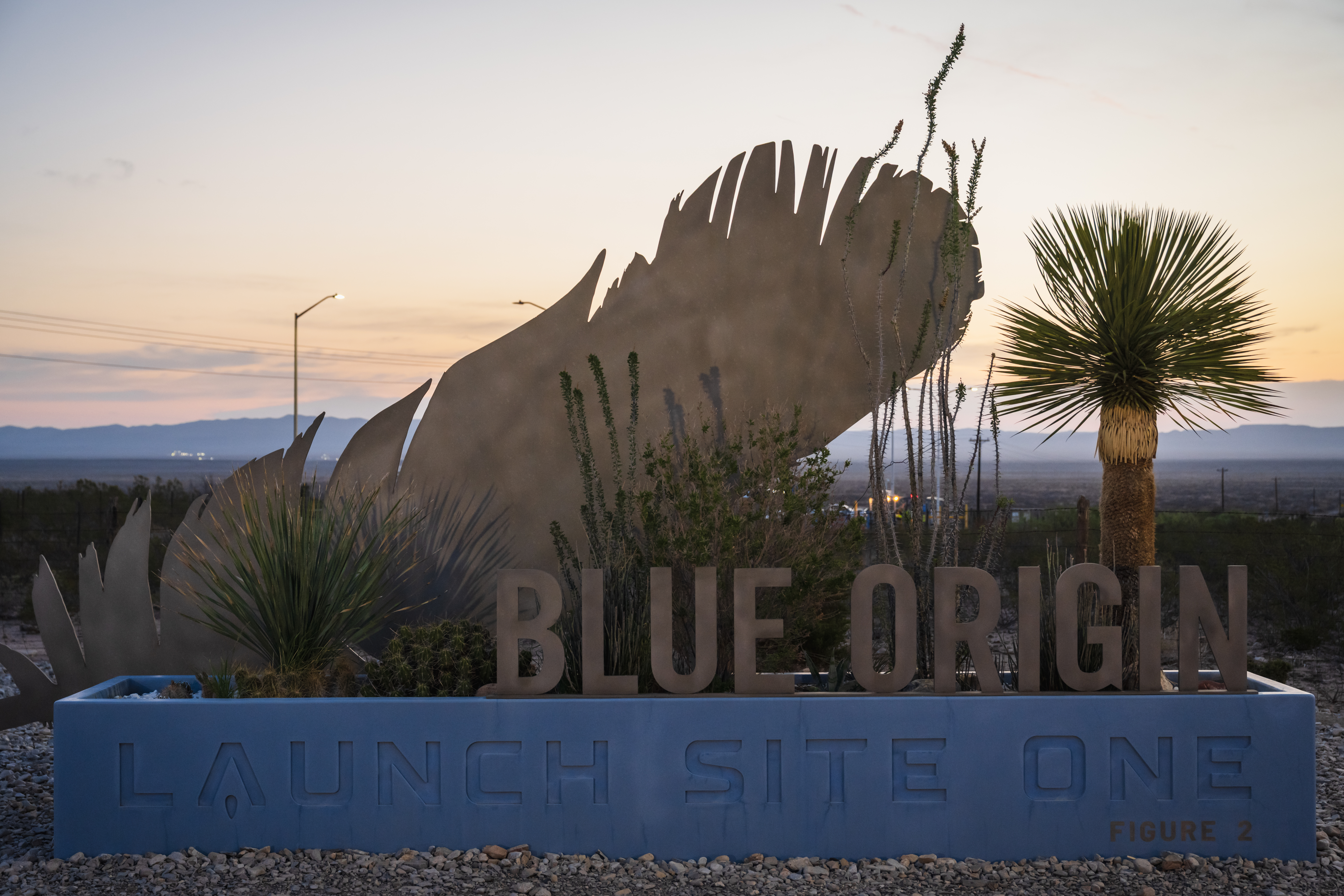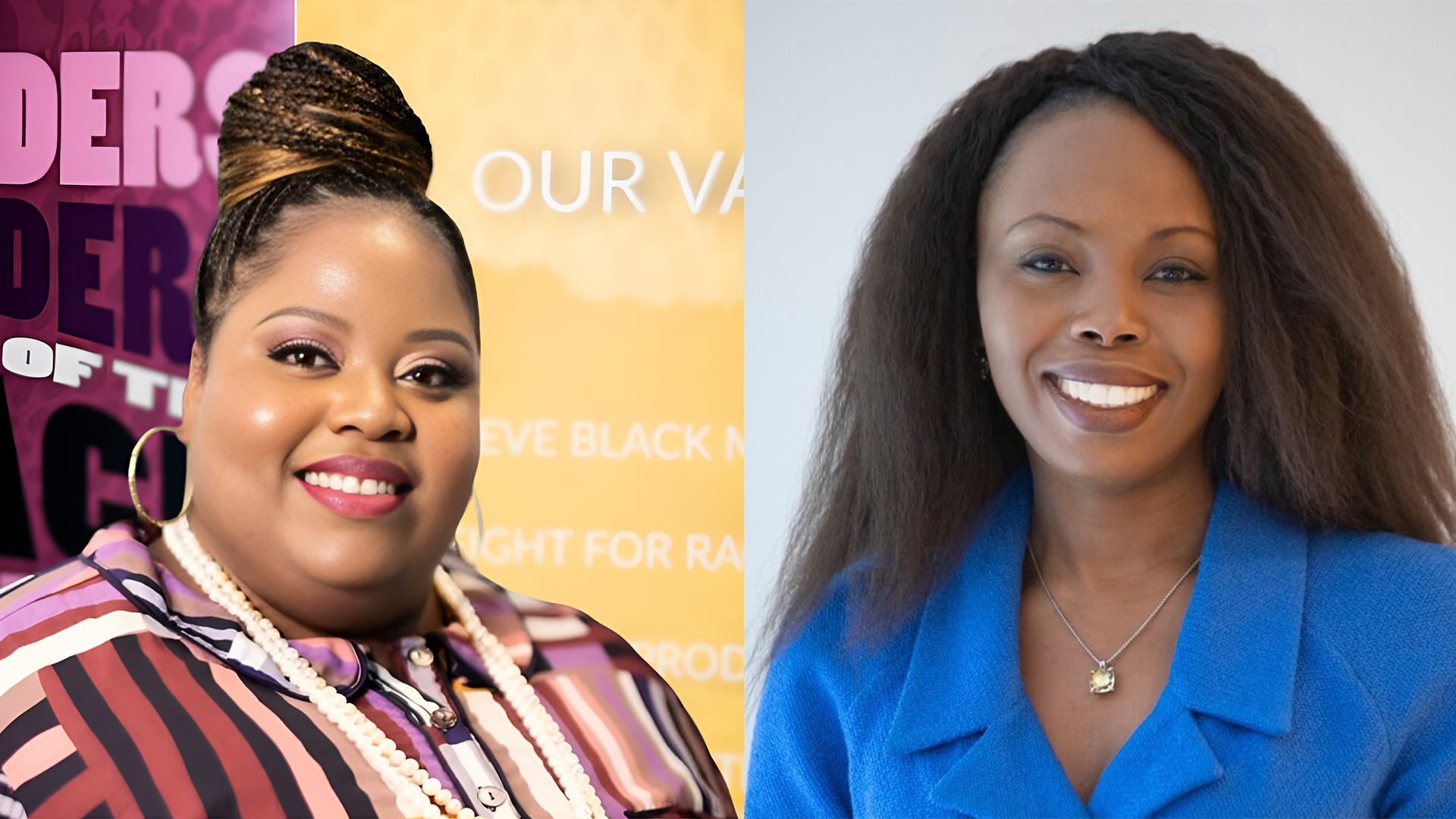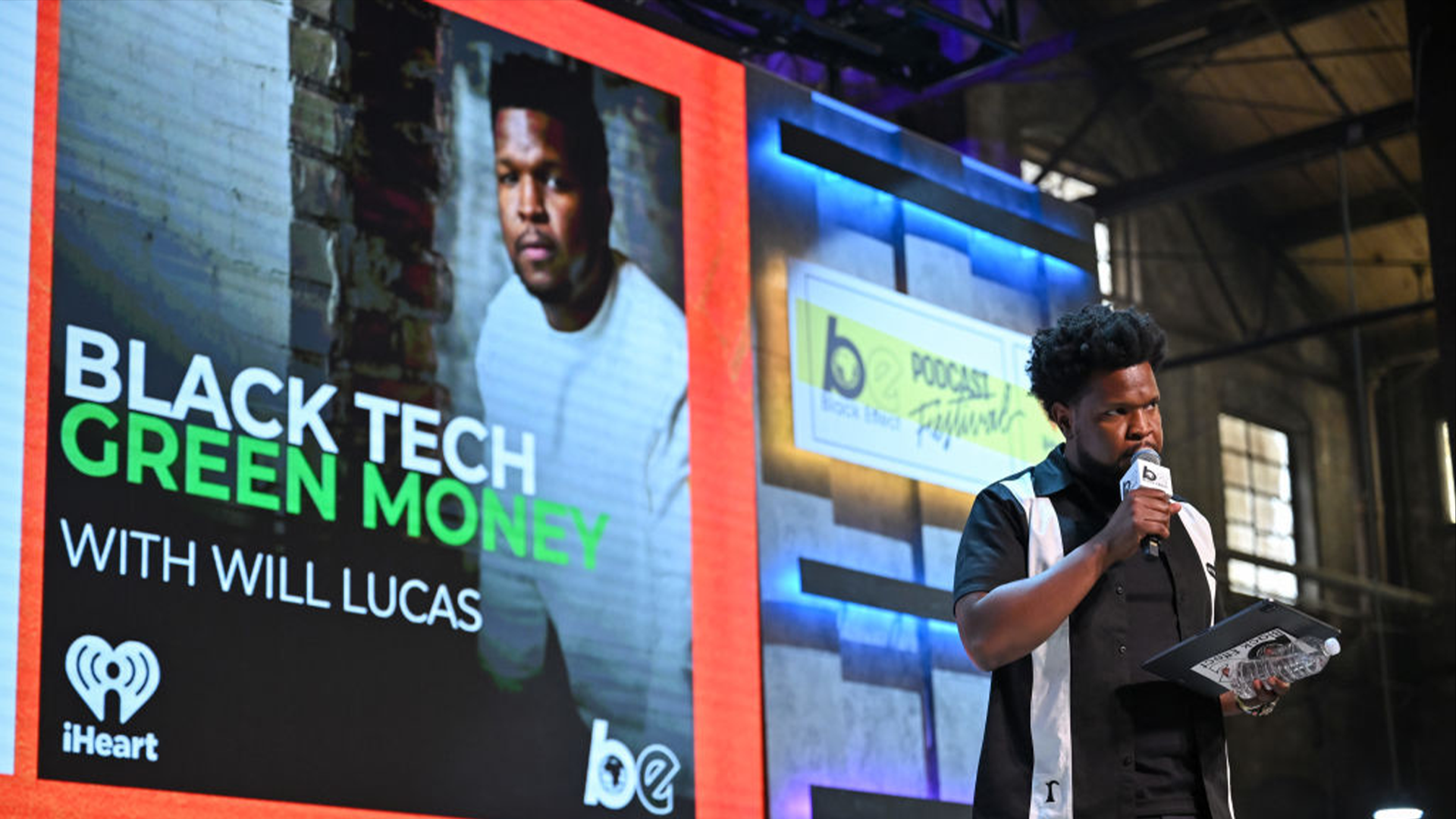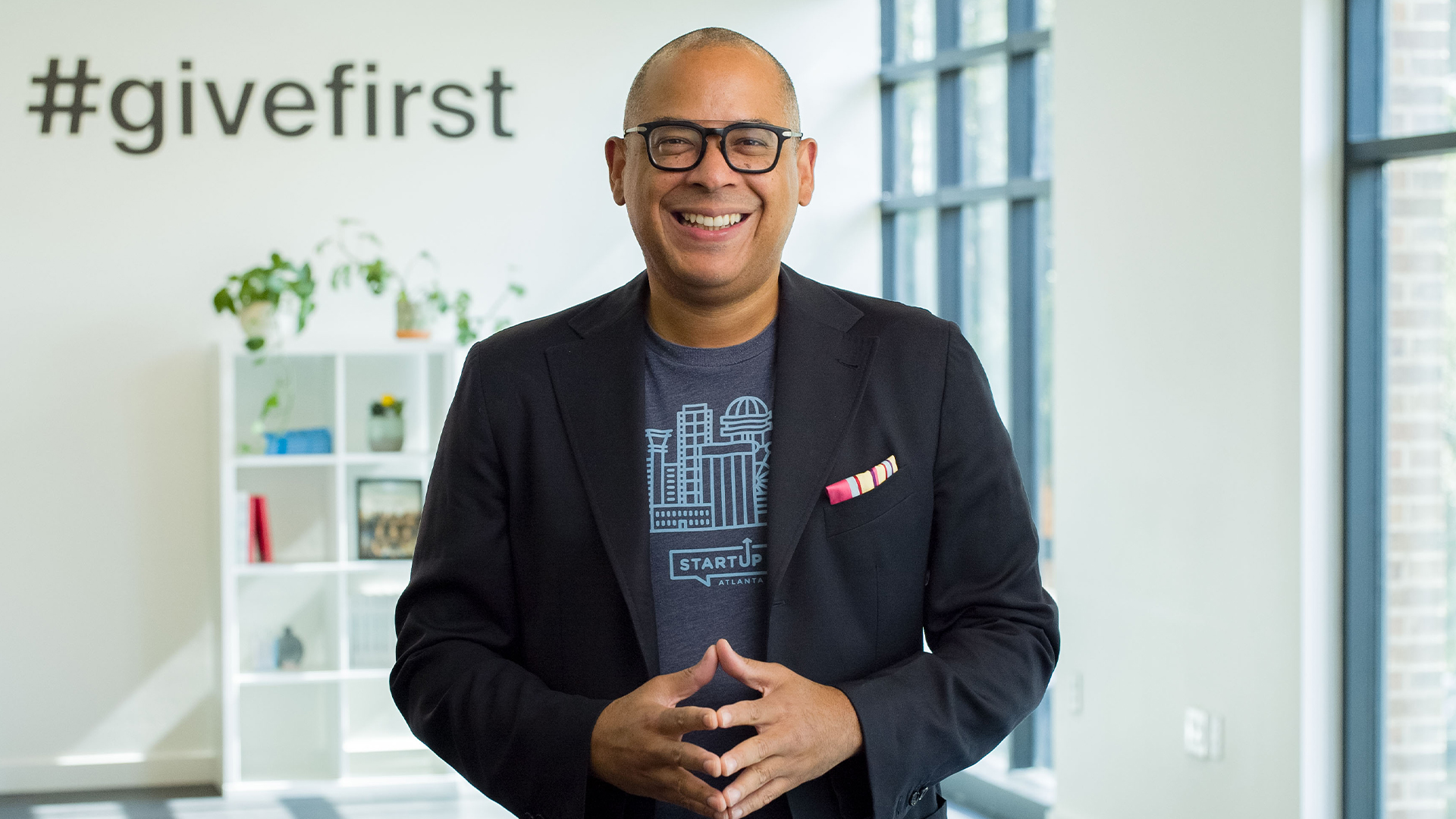Another Black-led company has achieved unicorn status!
CityBlock, which bills itself as a “primary care startup” that specifically targets underserved communities, has just announced that it has raised $160 million in its latest funding round led by General Catalyst, according to MedCity News.
View this post on Instagram
The company, which was co-founded by Dr. Toyin Ajayi, has become the latest Black-led company to achieve unicorn status — that is, when a privately-owned start-up company achieves a valuation of $1 billion or more. Yesterday, we told you that Black-owned and operated Calendly has also achieved unicorn status.
“We are fortunate to be in a position where we’ve started to see proof points of our model,” Dr. Ajayi, CityBlock’s co-founder and chief health officer, said to MedCity News. “It’s personal for all of us. I’m a family doctor and I still see patients.”
The Stanford-educated doctor previously served as Chief Medical Officer of Commonwealth Care Alliance, a nationally-renowned integrated health plan. However, she said, she was inspired to found CityBlock due to her experience with marginalized patients with complex needs — most of whom, she said, were covered by Medicaid.
“There was a foundational need to build trust and engagement to really meet people where they were, that’s not built into our typical fee-for-service structure,” she said. “The economic drivers around fee-for-service incentivize more and more procedures, services, things that are not always tied to outcomes. When you look at a population that has been marginalized, disenfranchised, that hasn’t had access to really good healthcare and has reasons to not be engaged with primary care or behavioral health, the place where it all comes home to roost is in the hospital.”
It’s unclear if CityBlock plans to take their company public thanks to this new valuation. What is clear, however, is that the company plans to go above and beyond for its users as the pandemic continues, filling such needs as food insecurity and temporary housing.
